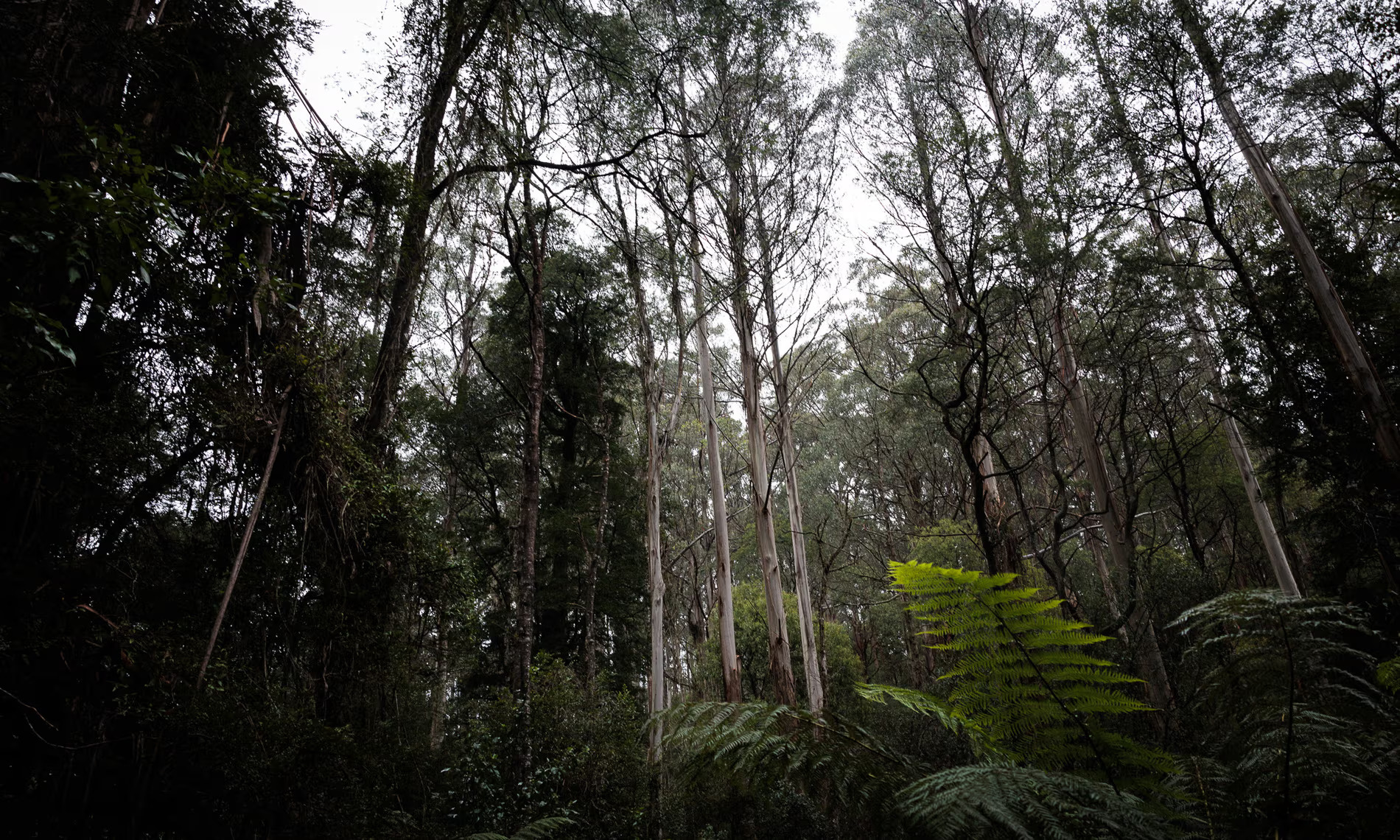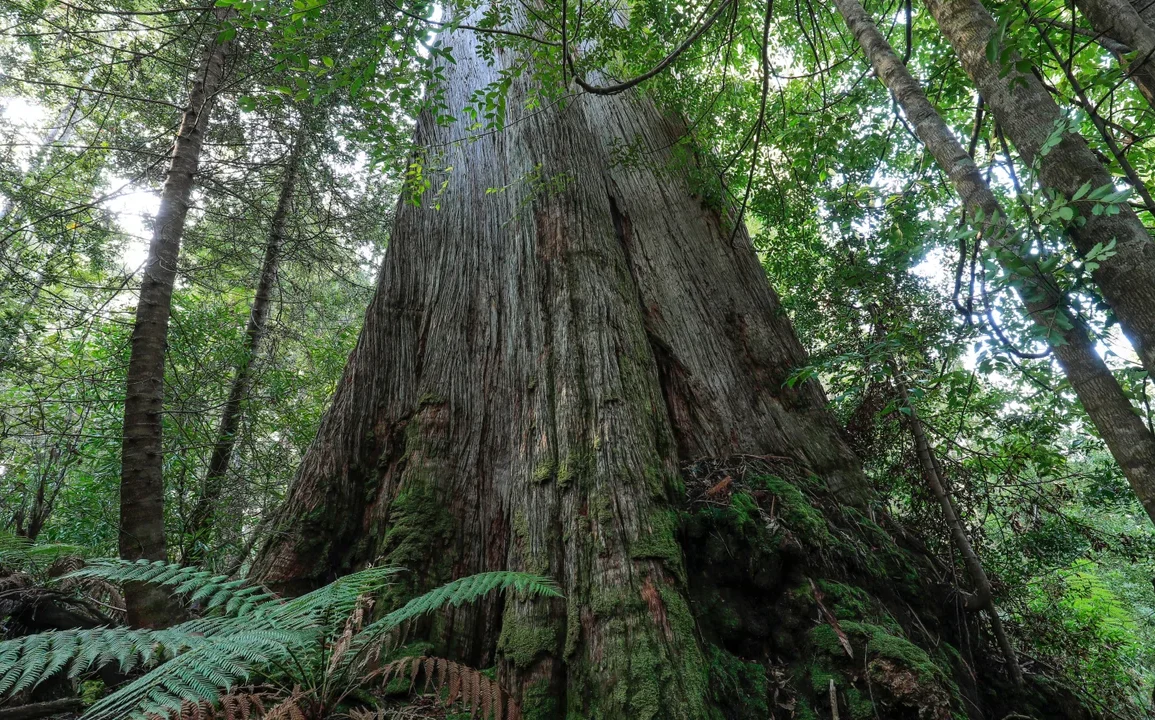Independent MPs and a crossbench senator are intensifying their push for Prime Minister Anthony Albanese to eliminate exemptions that allow native forest logging to bypass national environmental protections. These exemptions were established under regional forest agreements (RFAs) during the Howard era and have become a focal point of ongoing environmental law reform discussions in the Senate.
The Greens, along with Senators David Pocock and Lidia Thorpe, are leading the charge to scrap the RFAs, seeking stronger environmental protections through new legislation.
Dr. Sophie Scamps, an independent MP from Mackellar, has called on Albanese to remove these exemptions, stressing that doing so is crucial for the government to fulfill its promise to reform environmental laws.
Scamps and several other independent MPs—including Allegra Spender, Zali Steggall, Zoe Daniel, Monique Ryan, Kylea Tink, and Kate Chaney—sent a joint letter urging action on this issue. They argue that the RFAs are outdated and not aligned with the environmental challenges Australia faces today.

Despite earlier commitments from Environment Minister Tanya Plibersek to introduce legislation in 2023 that would address the RFAs, the government has since deferred those plans. Instead, the focus has shifted to establishing an independent environment protection agency, with the powers of this new agency still being negotiated in the Senate.
The delay has caused frustration among environmental advocates, who see the RFAs as a significant obstacle to comprehensive environmental reform.
Scamps emphasized the urgency of the situation, noting that the RFAs were signed nearly 25 years ago and are no longer suitable for the current climate and biodiversity crises. Logging activities under these agreements are not subjected to national environmental laws, leaving vulnerable species like koalas and greater gliders unprotected.
Scamps also criticized the use of logged forests for low-value products, such as pallets and garden stakes, while destroying habitats crucial to endangered species.
Some states have already moved away from native forest logging, with Victoria and Western Australia halting the practice earlier this year. In Queensland, native forest logging will cease across 70,000 hectares of state forest by the end of 2024. Meanwhile, the Forestry Corporation of NSW has been criticized for its poor environmental track record.
In response, Plibersek has urged crossbenchers to support the government’s environmental legislation in the Senate, which would create an independent agency with the power to issue stop-work orders and audit businesses for environmental compliance. However, she did not specifically address the future of RFAs in her statements.

